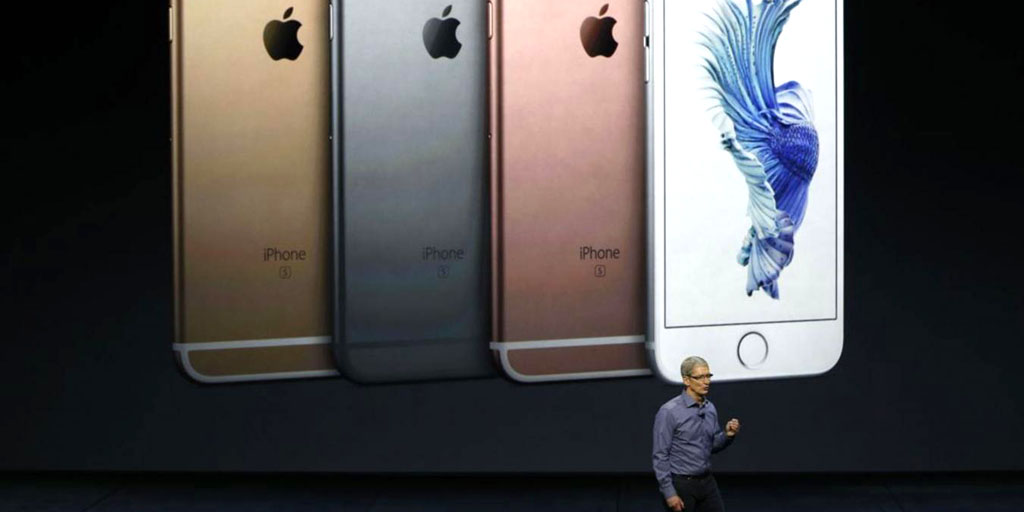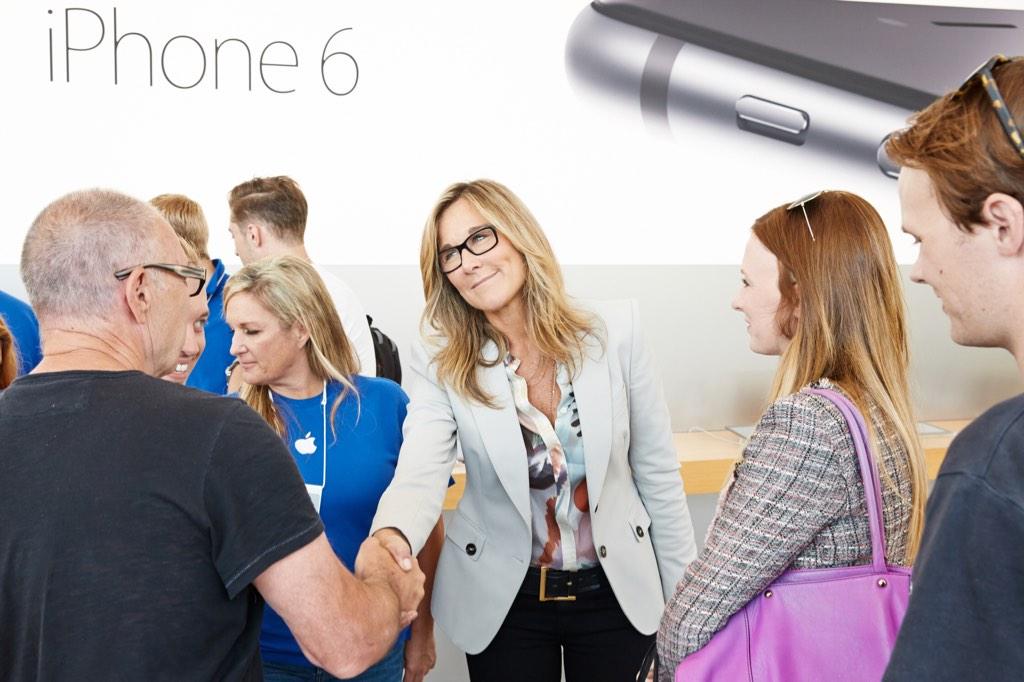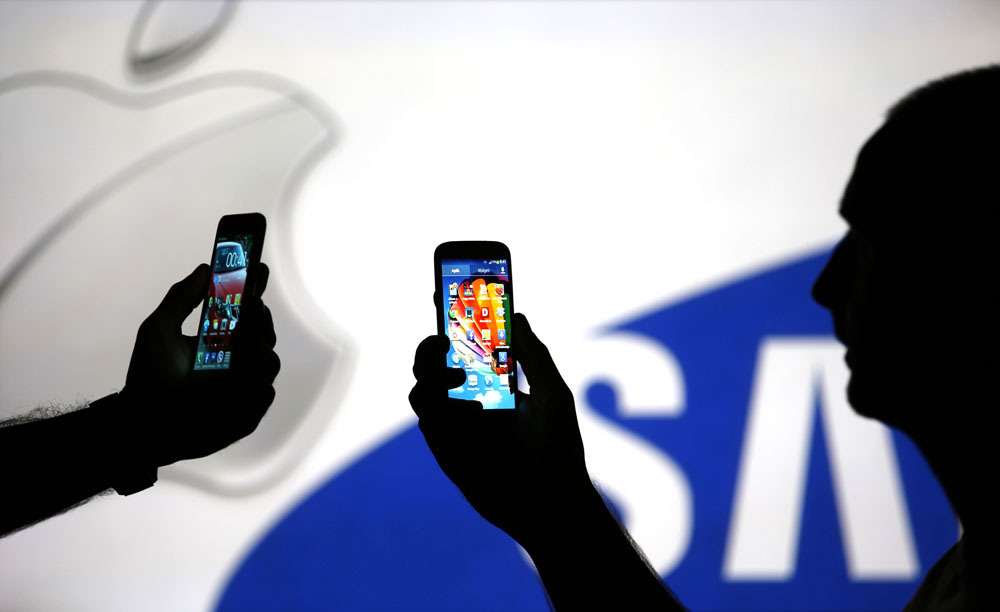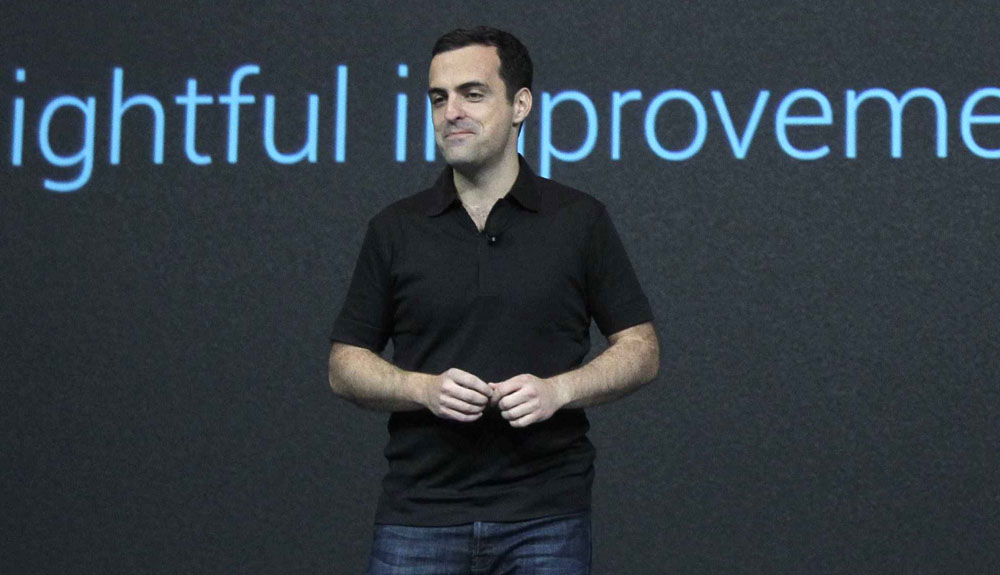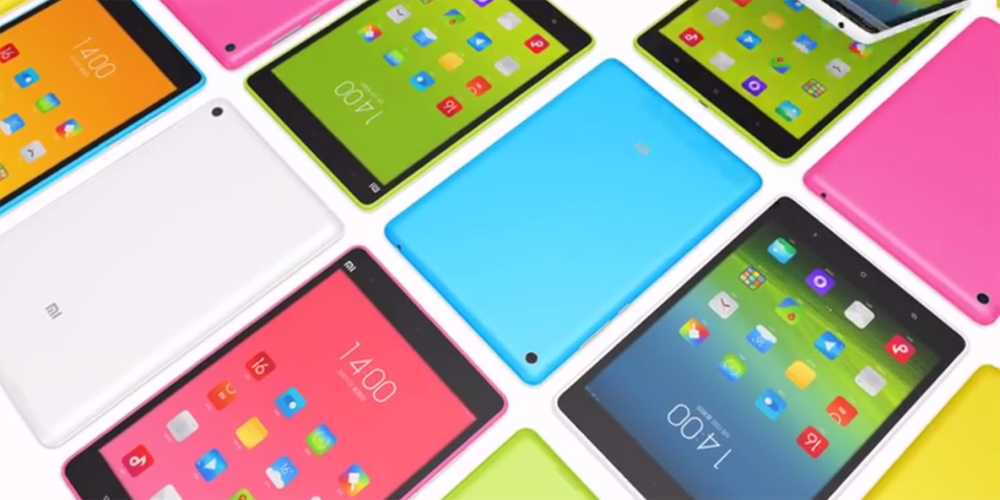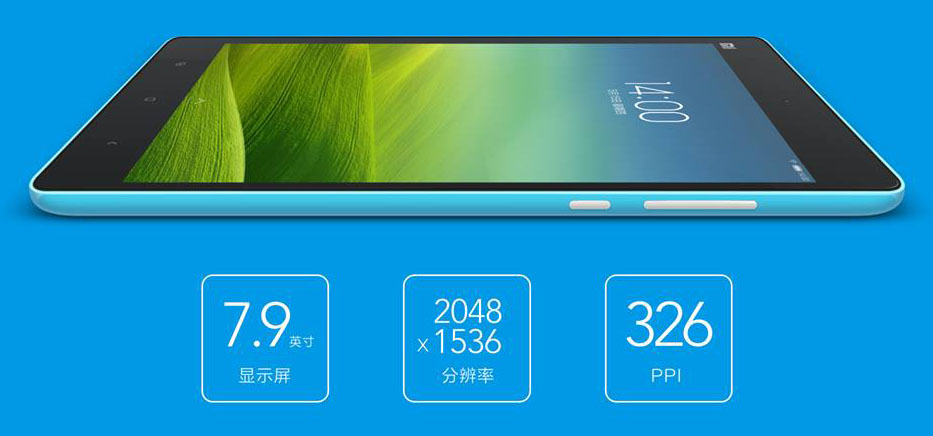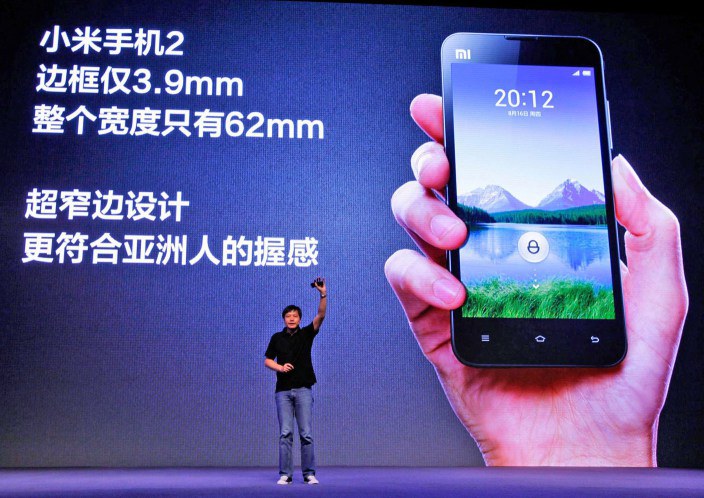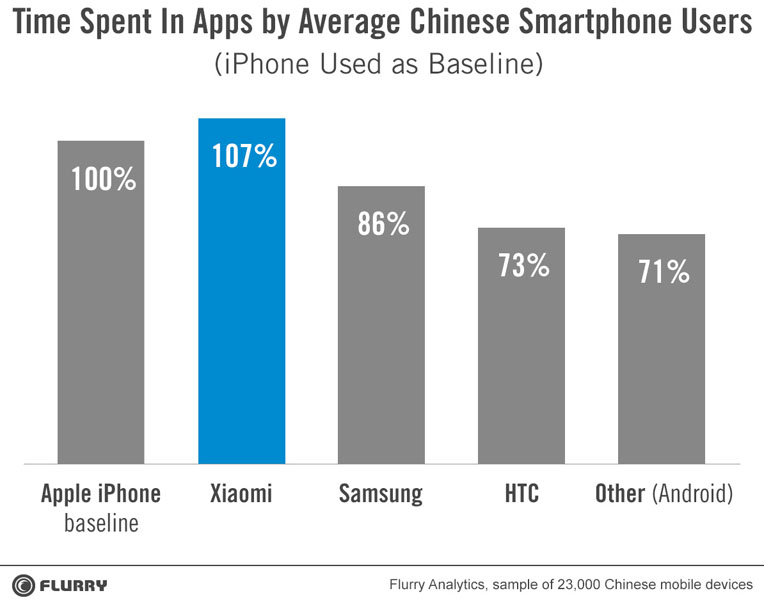Opinion: The iPhone SE is a smart, long-term move – and creates the prospect of a $299 iPhone


I argued a couple of months ago that ‘peak iPhone’ was likely a temporary phenomenon, but that Apple might have to be willing to accept lower margins if it is to continue to grow its sales.
I think it will also need to learn to be a little more flexible when it comes to its profit margins, especially in growth markets. That ~40% markup has served it well for a great many years, but I don’t think it can necessarily expect to maintain it indefinitely.
Yesterday, the company indicated its willingness to do just that. For the first time, Apple’s entry-level phone is a brand-new device that offers close to flagship specs at a price level close to the previous-generation phone. That will hit Apple’s margins on the device for sure, but the company is looking to the long-term …

